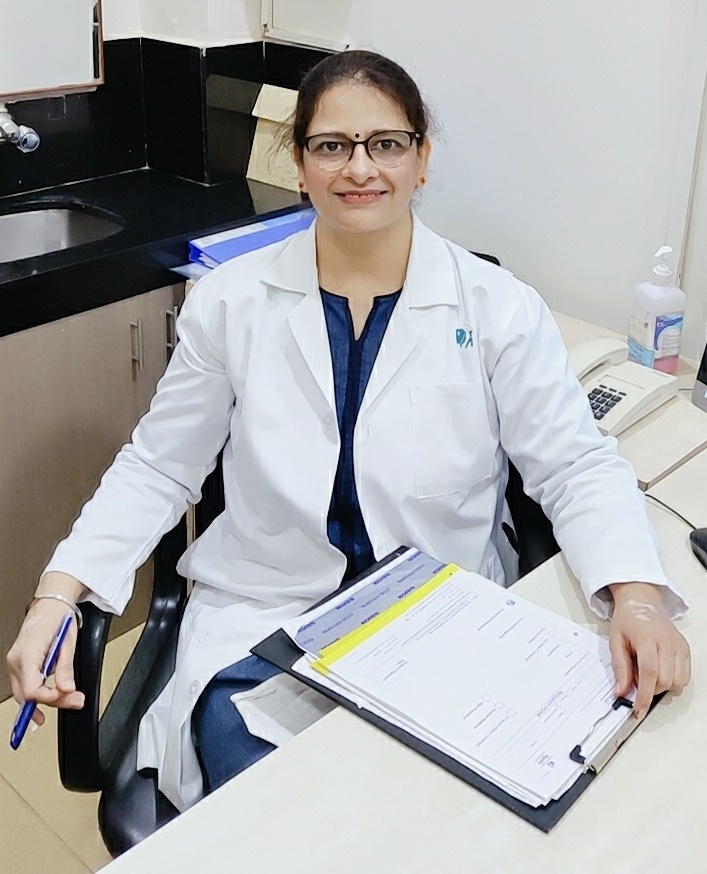Small intestinal bacterial overgrowth (SIBO) occurs when there’s an abnormal increase in the population of bacteria in the small intestine. These bacteria are normally present in the digestive system, but when their numbers grow excessively, they can cause various symptoms. The symptoms of SIBO can vary from person to person, and they might overlap with symptoms of other gastrointestinal conditions.
Dr. Ronak Ajmera says common symptoms of SIBO include:
- Abdominal Discomfort: This can range from mild discomfort to more severe pain. It might be cramping, bloating, or a general feeling of fullness.
2. Bloating: Excessive gas production by the bacteria can lead to bloating and distension of the abdomen.
3. Diarrhea: SIBO can interfere with the proper absorption of nutrients and water in the small intestine, leading to diarrhea.
4. Constipation: In some cases, SIBO can lead to slowed transit of food through the intestines, causing constipation.
5. Gas: Increased bacterial fermentation of undigested carbohydrates can result in excessive gas production, leading to flatulence.
6. Fatigue:Malabsorption of nutrients due to SIBO can lead to deficiencies in essential nutrients, potentially causing fatigue and weakness.
7. Weight Loss: SIBO can affect nutrient absorption, leading to unintentional weight loss in some individuals.
8. Nutritional Deficiencies:Reduced absorption of nutrients like vitamin B12, iron, and fat-soluble vitamins (A, D, E, K) can lead to deficiencies.
9. Nausea and Vomiting:These symptoms can occur due to the disruption of normal digestion and nutrient absorption.
10. Pain:Some individuals with SIBO may experience joint pain or discomfort.
11. Skin Issues: Skin conditions like acne rosacea have been associated with SIBO in some cases.
12. Foul-Smelling Stools: fermentation can lead to changes in stool odor and consistency.
It’s important to note that these symptoms can also be caused by other gastrointestinal conditions, so a proper diagnosis is crucial. If you suspect you might have SIBO, it’s recommended to consult a healthcare professional. They can conduct tests, such as breath tests, to diagnose SIBO and recommend appropriate treatment, which often includes dietary changes, antibiotics, or other medications to manage symptoms and address the underlying bacterial overgrowth.
Contact 7666806080

